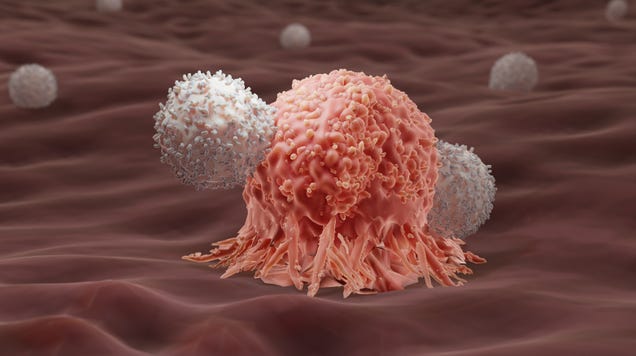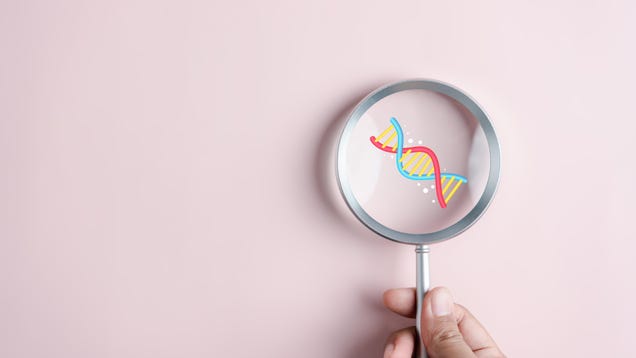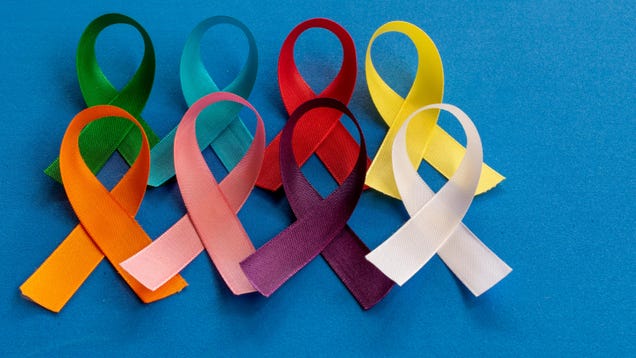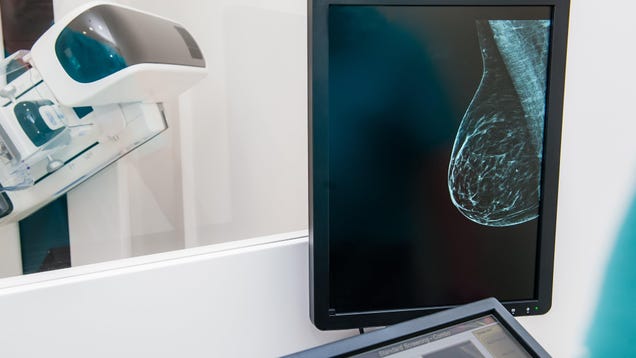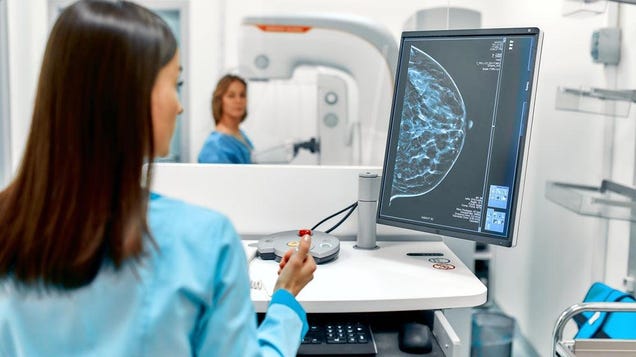
New research in mice may pinpoint how chronic stress can fuel the spread of cancer. The study found evidence that stress can induce changes to certain immune cells that inadvertently make it easier for cancer cells to metastasize and invade other parts of the body. The findings emphasize the need to manage stress…

